
It’s National Superhero Day. Whether you’re a fan of superhero comics, movies, or TV shows, you’ve probably noticed there isn’t much Latino flavor to speak of. That’s not because Latino and Latina superheroes don’t exist, it’s simply because their stories don’t get much of the spotlight. Things are changing on that front as audiences seek more diversity in their media. To highlight that, here are 15 Latina superheroes you should know about:
Elena Rodríguez aka Yo-Yo or Slingshot
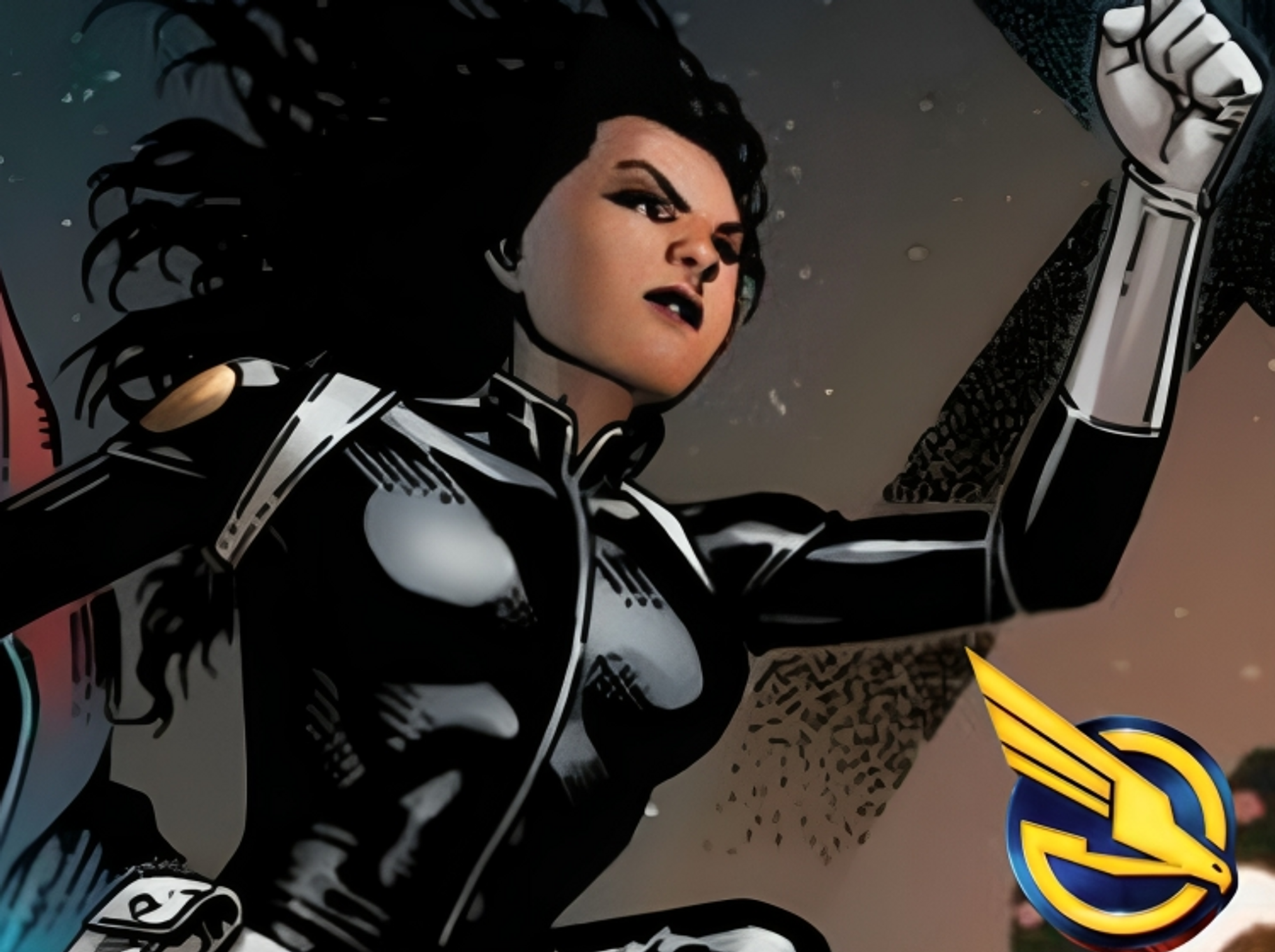
Character of Marvel
Elena Rodríguez, also known as Yo-Yo or Slingshot, is one of Marvel’s superheroes. She appeared for the first time in 2008 in the comic “The Mighty Avengers” and then she was interpreted by Natalia Cordova-Buckley in the show “Agents of S.H.I.E.L.D.” This character is of Colombian descent and she’s kind of a reluctant hero because she’s much more interested in helping her community than the world at large. However, she has a compelling journey where she becomes one of the best S.H.I.E.L.D. agents. Inspiring, especially for Latina girls!
Yolanda Montez aka Wildcat
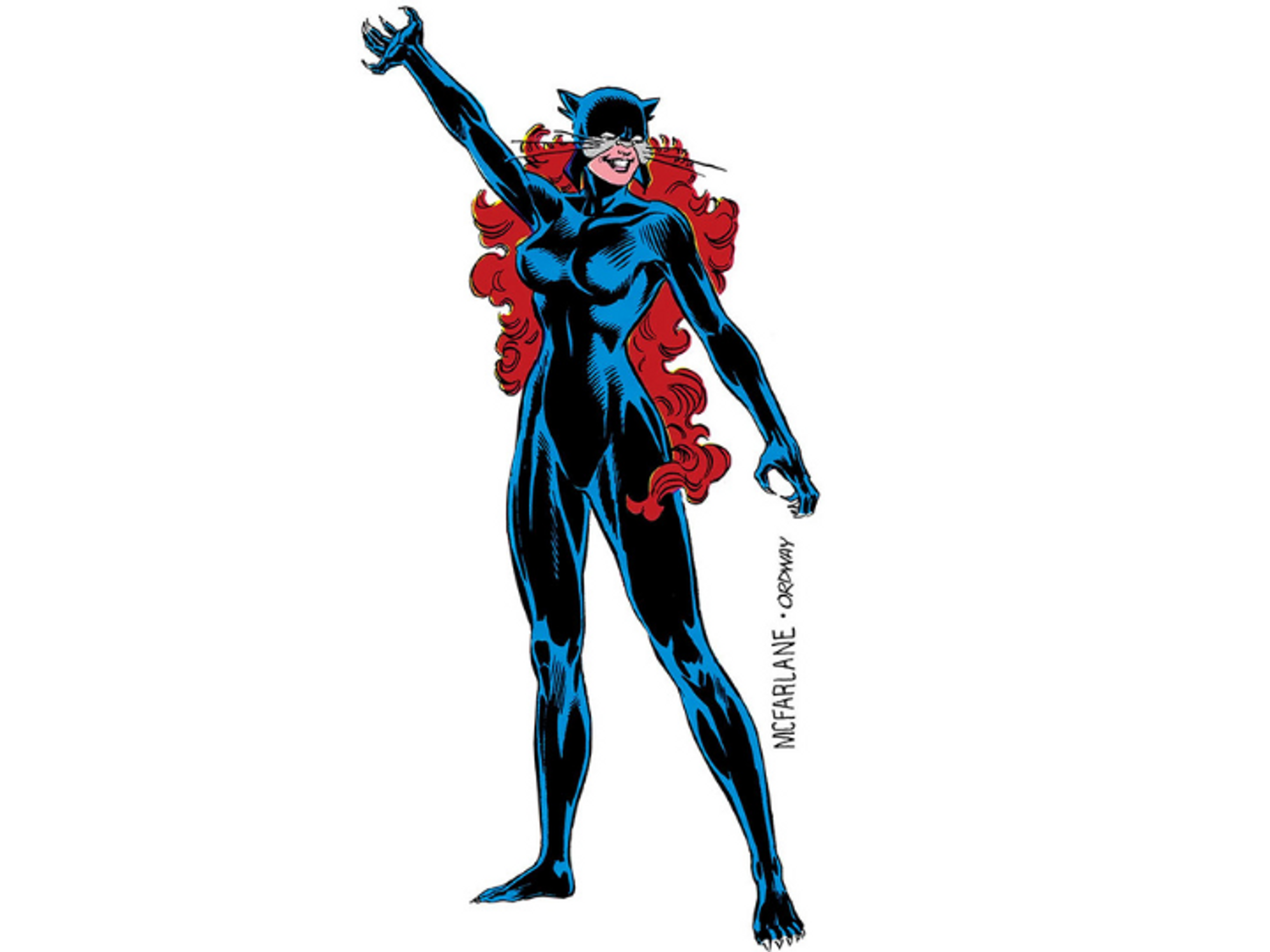
Character of DC Comics
Yolanda Montez, also known as Wildcat, was part of DC’s attempt to diversify its lineup of superheroes in the 80s. In the comics, she’s a legacy superhero and took up the mantle of Wildcat after the death of Ted Grant. However, there was no consistent place for the character in the comics, and she was eventually killed off. Wildcat was brought back for DC’s “Stargirl,” a 2022 show where an unlikely group of young superheroes come together to defeat a villain. Montez’s character battles with Catholic guilt and gets caught between her Mexican culture and her friends’ culture; a struggle that many young Latinas in the U.S. can relate to.
Anya Sofía Corazón aka Spider-Girl
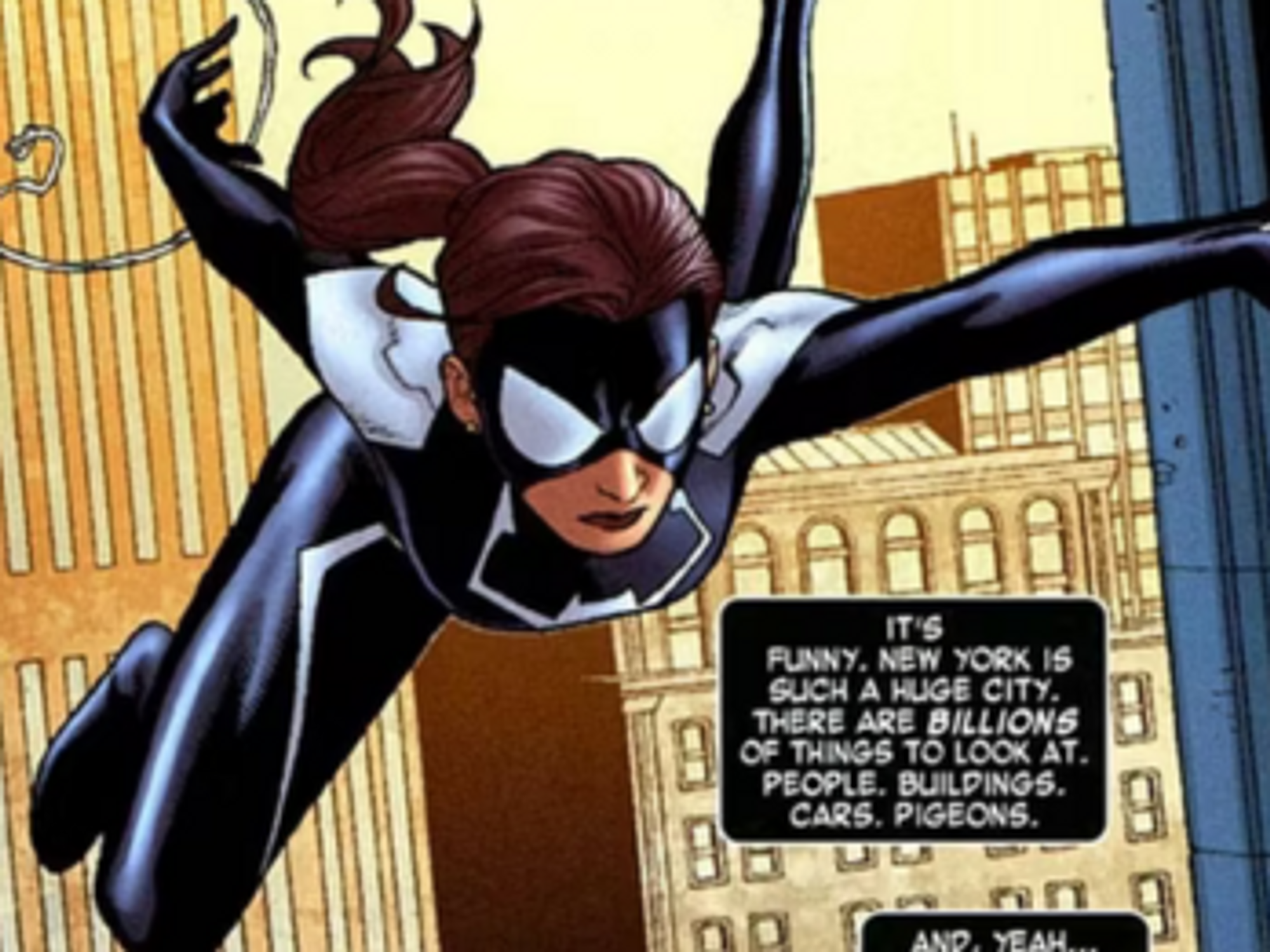
Character of Marvel
We know that with great power comes great responsibility. Of Mexican and Puerto Rican descent, Anya Sofía Corazón was the first Araña and the third Spider-Girl in the Marvel comics. As Spider-Girl, she got her powers after being caught in a fight between two mystical clans called The Spider Society and the Sisterhood of the Wasp. She was fatally wounded, but a sorcerer from The Spider Society transferred some of his powers to her, which included enhanced strength, agility, and the ability to grow a blue exoskeleton to protect herself. Anya briefly appeared as Spider-Girl in “Spider-Man: Across the Spider-Verse,” and most recently, she had her first live-action appearance in the film “Madame Web,” played by Peruvian-American actress Isabela Merced. We hope to see more of her in future films.
Kendra Saunders aka Hawkgirl
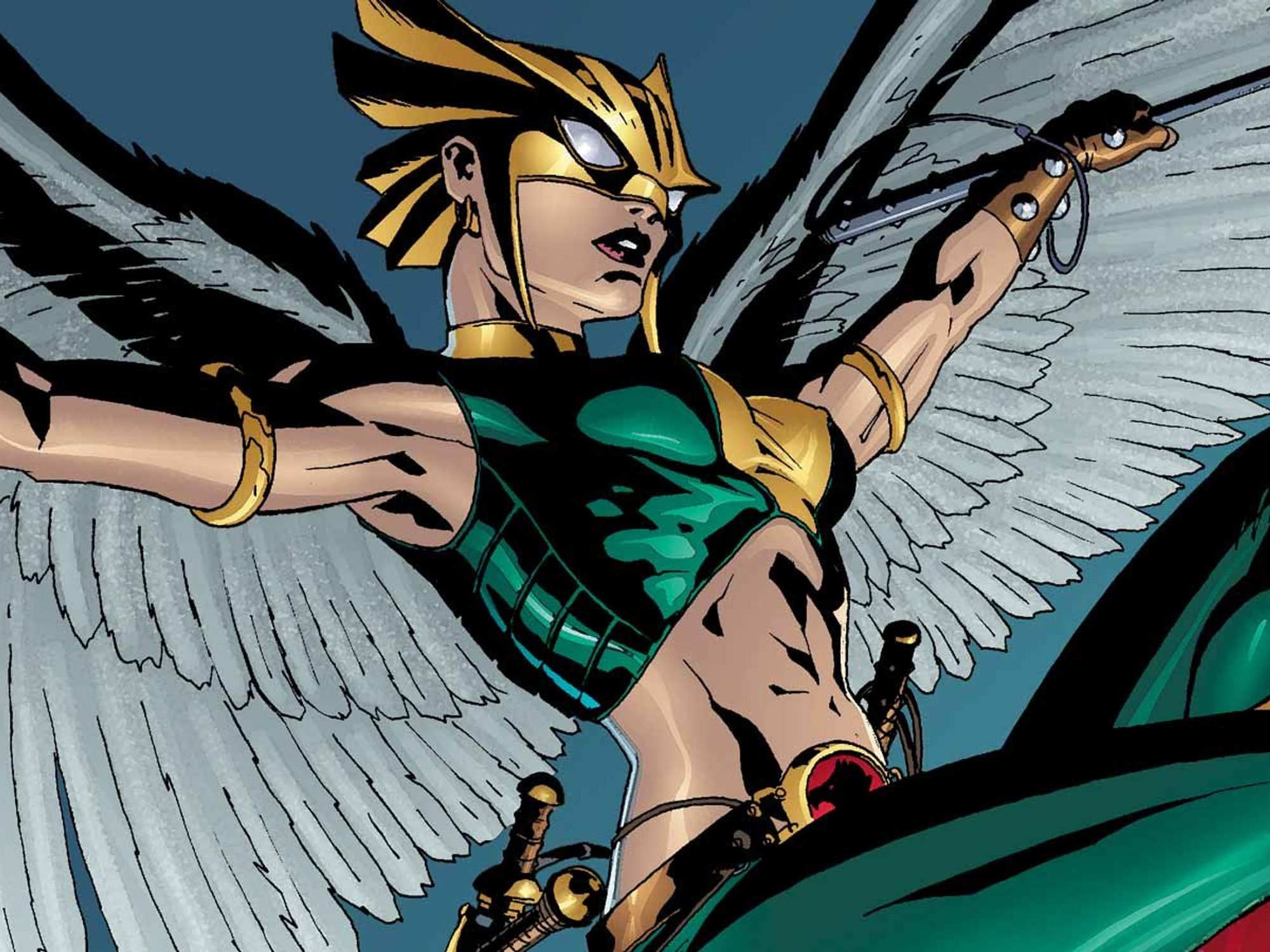
Character of DC Comics
Kendra Saunders, also known as Hawkgirl, is another DC superhero and she comes from a line of reincarnations from the angel Shrra. Kendra is a Latina (rebooted as Afro-Latina in 2011) who gets her powers after she dies by suicide and becomes a vessel for the soul of Shiera Sanders Hall, the Golden Age Hawkgirl. When Kendra comes to, she has all of her memories but none of Sheira’s memories, only her powers. She was brought to life by Ciara Renée in “DC's Legends of Tomorrow,” and Isabela Merced will play her in James Gunn’s “Superman: Legacy.” It will be fun to see another Latina superhero on screen!
Molly Hernandez

Promotional image of Runaways (TV series)/Season Three
Molly Hernandez is a character in “Marvel’s Runaways,” and she’s a reimagined version of the comic book character Molly Hayes. This new version of the character makes Molly Latina, but her exact ethnicity is unknown because her parents died when she was young and then she was adopted. It’s important to acknowledge the lack of effort put into her Latinidad for “Marvels’ Runaways,” but there’s potential for development in future projects. Molly is played by Allegra Acosta and she has superhuman strength and durability. She’s as strong as the Hulk or Thor, and her story is very compelling because she joins the Runaways, a team of fugitive superheroes, after discovering her adoptive parents are villains. Because she doesn’t know anything about her origins, the theme of connecting with her Latina culture and navigating her duality is a big part of her character arc.
Marisol Ríos De La Cruz aka La Borinqueña

Character created by Edgardo Miranda-Rodriguez
Marisol Rios De La Luz is a Latina superhero created by Edgardo Miranda-Rodriguez. Marisol is a Columbia University undergrad student majoring in Earth and Environmental Sciences. While she takes a semester abroad at the University of Puerto Rico, she explores the caves of Puerto Rico and finds five crystals that untimely give Marisol her powers — strength, the power of flying, and control of storms. Her story is one of self-discovery as she connects with and embraces her Afro-Puerto Rican identity. As a superhero, she focuses on solving environmental issues in Puerto Rico and the people embrace her as their vigilante.
Claire Temple

Character of Marvel
Claire Temple is a character from the show “Marvel’s Daredevil” and she’s played by Rosario Dawson. She’s loosely based on Night Nurse, a character from the Marvel Comics. In the show, Claire Temple is a former night shift nurse of Cuban descent. She provides medical assistance not only to Daredevil but also to Jessica Jones and Luke Cage, other characters who also defend and protect the city. She doesn’t only provide medical attention, she’s also the moral backbone of the group, helping characters be better. She’s a kind of quiet hero and she represents all those people who work late hours to make sure we get help when we need it most.
Renee Montoya aka The Question

Character of DC Comics
Back to the DC Universe, we have Renee Montoya, one of the most interesting Latin superheroes in recent years. Her journey began on “Batman: The Animated Series” and she became so popular that she was introduced to the Batman comics as well. She’s a great detective, but there’s a dark side to her due to her destructive behavior. Following the death of a work partner, she seeks spirituality with The Question, a mystical entity. When The Question dies, he leaves the costume and name to Montoya. She provides representation for queer Latinas and is quite a complicated character in her ambiguity.
Jalisco
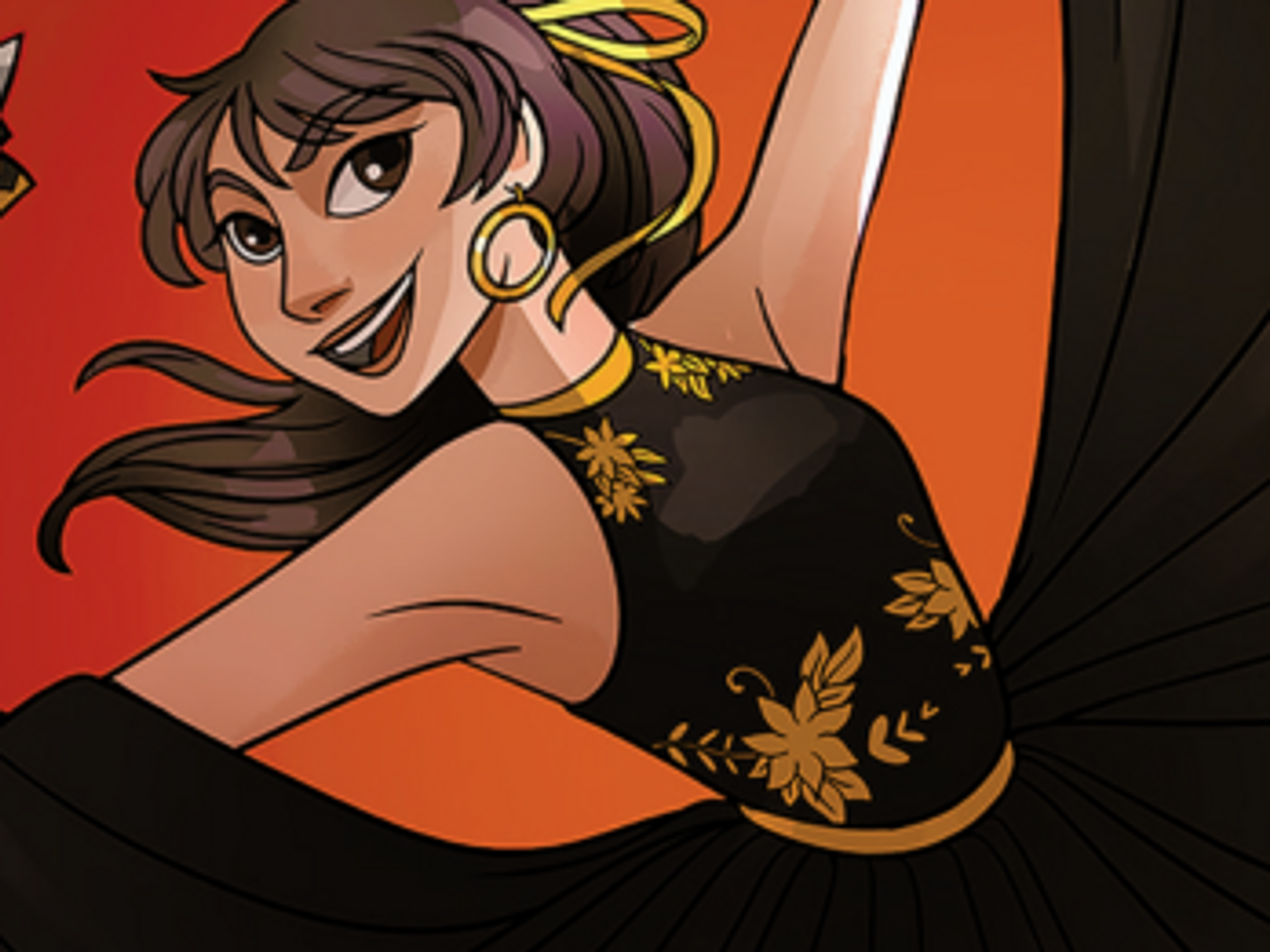
Character of Latinasuperheroes
Jalisco is one of the more creative Latina superheroes on the list because she’s a crime-fighting folklorico dancer on a mission to save her mom from the violent femicide happening in Mexico. Created by Chicana writer and Director Kayden Phoenix, Jalisco is a graphic novel that follows a young girl as she’s taken under the wings of a band of Adelitas, who prepare her to fight against Malinche, the fictional character behind the femicide. Phoenix has created an entire universe of Latina superheroes, the first of its kind, where each Latina superhero fights for a specific social justice cause. They also band together and create the “A La Brava” team. Kudos to Phoenix for bringing much-needed diversity to the space of graphic novel superheroes!
Jessica Cruz aka Green Lantern

Character of DC Comics
Jessica Cruz is half Mexican-American and half Honduran-American, and she’s one of the sworn protectors of the Earth. She's the first female representative of the Green Lantern Corps on Earth, which is pretty cool. Jessica’s story is quite compelling because she deals with intense PTSD due to a traumatic incident in her past and her character arc is all about overcoming that fear so she can do good for other people. It’s a very inspiring story in DC comics, and we hope it gets an adaptation someday.
Maya Lopez aka Echo

Character of Marvel
Maya Lopez, also known as Echo, from the Marvel Universe. She’s one of the few deaf characters and her powers are pretty cool because she can mimic any physical action, hence her name. She’s a highly adaptable character, so she can take on powerful enemies by adopting their fighting style. Her mother is Latina while her father is Cheyenne, representing Latino and Indigenous communities, as well as the deaf community. Echo will have her own series on Disney+ later this year, so keep an eye out for that.
Supergirl

Character of DC Comics
Supergirl is a DC superhero and she was introduced to the universe in 1959. Supergirl is not Latina, but one of her precursors was. In the comic Superboy #5, Superboy meets Queen Lucy, a monarch from Borgonia, a fictional South American country. She flees to Smallville to escape the control of Count Norvello. There, Superboy befriends her and one day she helps him handle some crooks, prompting people to believe there’s a Supergirl. The story takes off in the newspapers, so Superboy uses his powers to make her seem superhuman. Eventually, she goes back to Borgonia to reclaim her throne. Most recently, Supergirl was portrayed by Colombian-American actress Sasha Calle in the film “The Flash,” a refreshing break from the white blonde women who usually bring the character to life in adaptations.
America Chavez aka Miss America

Character of Marvel
Miss America, Marvel’s lesbian Latina superhero, first appeared in 2011 in a limited series titled "Vengeance." Born in a Utopian Parallel outside of time and reality, Chavez was raised by two superpowered mothers. By absorbing the energy of a being called the Demiurge, Chavez can travel in time and to different dimensions, fly, and enjoy super speed and strength. After her mothers were killed protecting Utopia from destruction, America ran away to Earth, where she was adopted by a Puerto Rican family in the Bronx. Miss America is one of the most powerful female superheroes in the Marvel Universe and she provides representation for queer Latin Americans. She was brought to life for the first time by Mexican-American actress Xochitl Gomez in the film “Doctor Strange in the Multiverse of Madness,” and we can’t wait to see more of her.
Lúz La Luminosa

Character created by Edgardo Miranda-Rodriguez
Lúz La Luminosa is a Chinese-Dominican superhero, and she’s La Borinqueña’s best friend. Also created by Edgardo Miranda-Rodriguez, this character goes on solo adventures and has the power of bioluminescent energy, which allows her to create force fields. Lúz also has endometriosis, a condition that affects 1 in 10 women and is characterized by symptoms like pelvic pain, painful periods, pain during sex, and even infertility. We see Lúz managing her condition as she goes about her life and patrols the streets to protect people, making her a symbol of resilience and female empowerment. Her endometriosis is a big part of her identity, providing much-needed representation and visibility for a condition that’s often misunderstood and overlooked.
Bonita Juarez aka Firebird
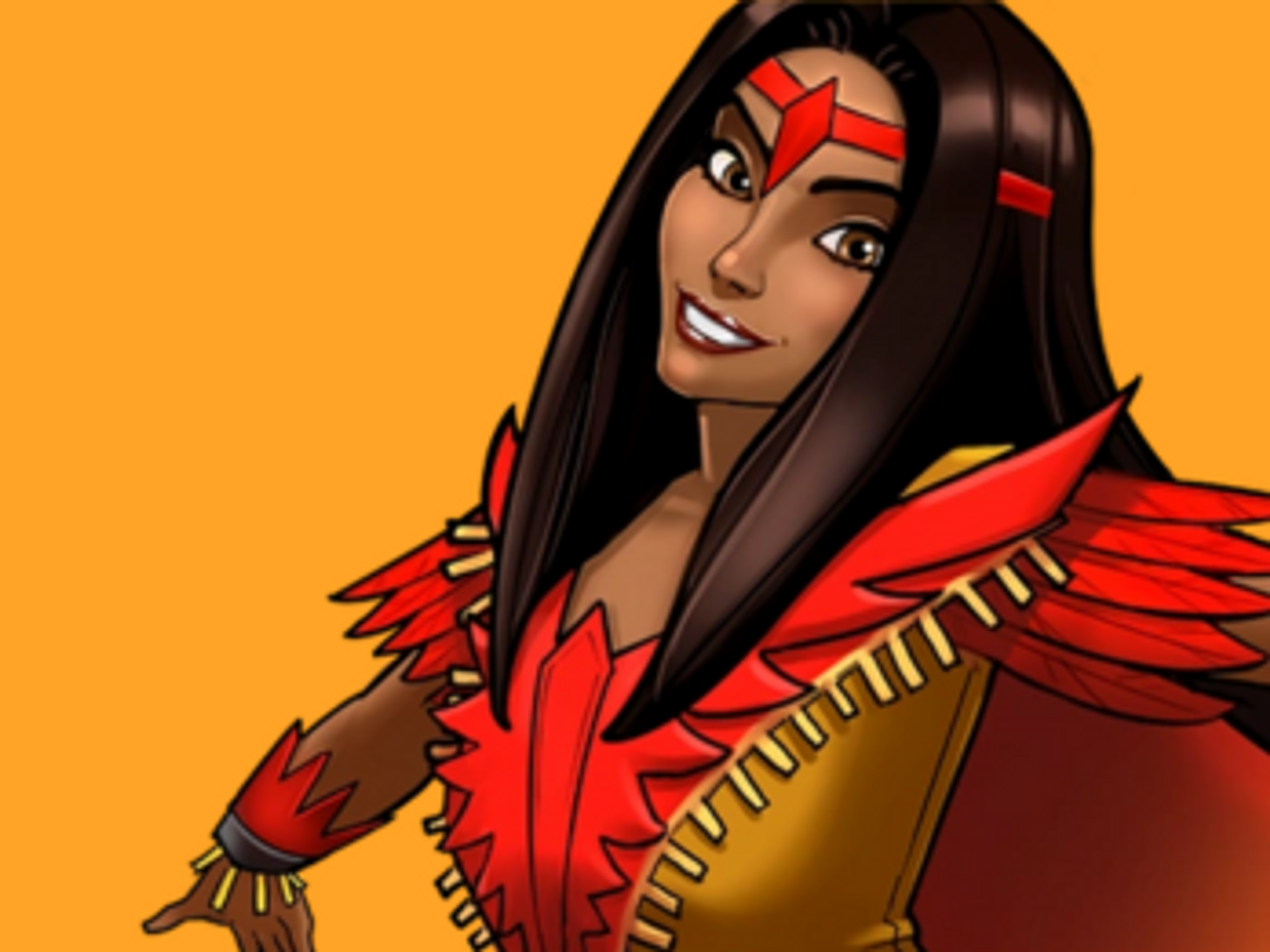
Character of Marvel
Last but not least, we have Bonita Juarez, also known as Firebird. She’s one of the most notable Latina superheroes in the Marvel Universe and one of the most prominent Latina characters in the comics. Bonita is a social worker and a devoted Catholic who comes into contact with a radioactive meteorite while walking the deserts of Albuquerque, New Mexico. She survived the encounter, but the radiation altered her DNA, giving her the ability to fly and the power to generate heat and flames. Believing her powers were a gift from God, she named herself Firebird and dedicated her life to protecting people in the Southwest.









 Promotional image provided by On Point Studios.
Promotional image provided by On Point Studios.  Promotional image provided by On Point Studios.
Promotional image provided by On Point Studios. 
